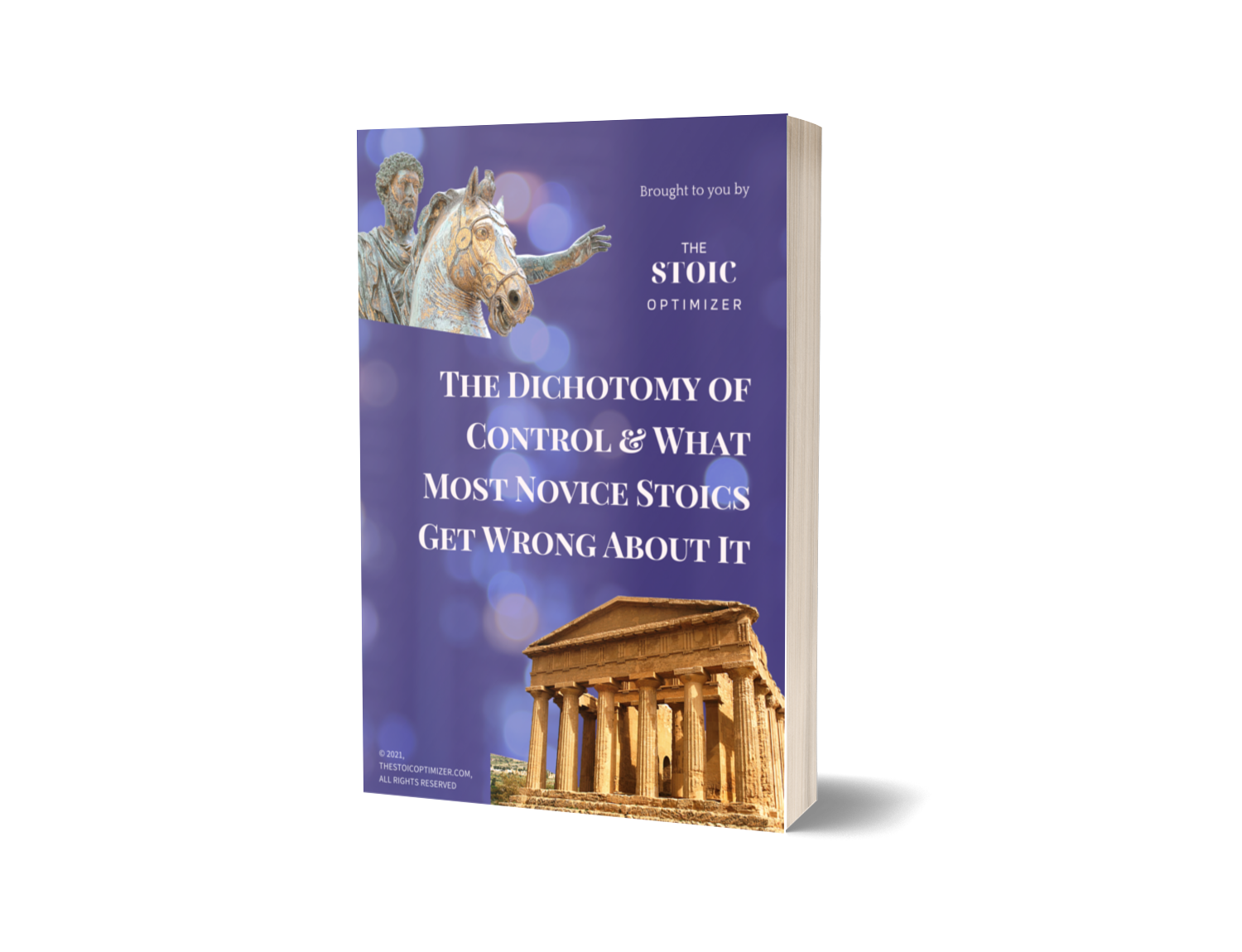In his eye-opening work “Four Thousand Weeks: Time Management for Mortals'', Oliver Burkeman invites us to rethink our stance towards and productivity. If you’re curious, I discussed the book at length here. In an effort to help his readers reflect on their existing time management practices, the author proposes 5 questions as a starting point. Let’s explore what the 5 questions from “4000 Weeks” are and what you could gain by finding your unique answer to them.
As you read further, keep in mind that the phrasing of the questions themselves is a direct quote from their author, but the interpretation of why they are important is my own.
1. Where in your life and work are you currently pursuing comfort, when what’s called for is a little discomfort?
This question speaks to the urgency of realizing that all you might get is a measly 4000 weeks, which you shouldn’t squander. To prevent regret later in life and give meaning to these weeks, do not avoid personal development by getting too comfortable in your situation. Even if challenging yourself might be painful at times, remember that great things were never achieved by those who settled. What’s more, each day that passes is one less we have to pursue our dreams, so embrace the idea that your existence is finite and seize the present moment.
2. Are you holding yourself to, and judging yourself by, standards of productivity and performance that are impossible to meet?
The point of this question is to put ambition aside for a moment and reflect on whether the goals you are trying to reach (and the method you’ve chosen to do so) are even feasible in the first place. Some people work relentlessly while feeling guilty that they aren’t doing enough because they never stopped to consider whether a higher velocity is even possible.
While diagnosing how realistic your standards are is a good starting point, I believe this question should prompt you towards even deeper introspection.
Once you have figured out what you are doing and how, continue by asking yourself WHY you are pursuing those goals (in that particular way). Is it because you think reaching them will bring you happiness? Are you chasing them with intensity to prove to those around you that you are committed and hard working? Do your best to identify the emotions that drive you deep down, no matter how long it takes to find them.
Why is this important? Too many people get stuck on a hamster wheel they did not truly wish to be on because “that’s what you’re supposed to do” and end up wasting so many of their precious 4000 weeks. This could be easily avoided if they stopped to wonder what drove them there initially.
3. In what ways have you yet to accept the fact that you are who you are, not the person you think you ought to be?
This question is meant to spur self-awareness by closely examining your real-self against your aspirational self. Most people make decisions based on who they would like to be, only to discover that those choices are unrealistic and cannot be maintained in the long term. The inability to embrace your true nature can keep you stuck in a cycle of perpetual dissatisfaction and a sense of being lost, because it keeps you chasing something that might not align with your core values.
By accepting who you truly are, you will be one step closer to running your life in a way that works FOR you instead of against you. As a side-effect, you’ll feel a greater sense of calm and inner peace because you will be honoring your unique qualities and pursuing activities that allow them to shine.
4. In which areas of your life are you still holding back until you feel like you know what you are doing?
Everyone is sometimes shrouded in self-doubt, which makes them hold themselves back from taking calculated risks and venturing into new territory. This keeps them stuck and unhappy, observing their potential joy as if it were a ship slowly sailing away, as they tell themselves “I’ll catch the next one.”
If you don’t want to find yourself in that description once again, make sure you spend some time thinking where you have let the impostor syndrome win by allowing fear to stop you from even trying. Think about the source of that fear: are you afraid of failure, or perhaps the judgment of others? Could it be that you have linked your self-worth to your accomplishments to such a degree that you have gained an irrational fear of imperfection? Identifying the root cause of your hesitation is key to addressing these challenges and ultimately overcoming them.
5. How would you spend your days differently if you didn’t care so much about seeing your actions reach fruition?
The purpose of this thought exercise is to temporarily put aside the focus on outcomes and instead ponder how you would allocate your time if the results of your actions were inconsequential. People tend to be so preoccupied with their end goals that they forget that the journey leading towards them can also be enjoyable.
This question asks you to consider what other activities you might derive pleasure from if you weren’t so fixated on their benefits, or on the perceived need for success. It is an invitation to reflect on what genuinely makes you happy and to uncover what interests might enrich your life and contribute to your overall well-being without any achievement metrics attached.
Have I convinced you to give the 5 questions from “4000 weeks” more than a fleeting thought? Which one do you think will have the greatest impact on your happiness? (Hint: it’s usually the one you desperately want to keep avoiding!)

